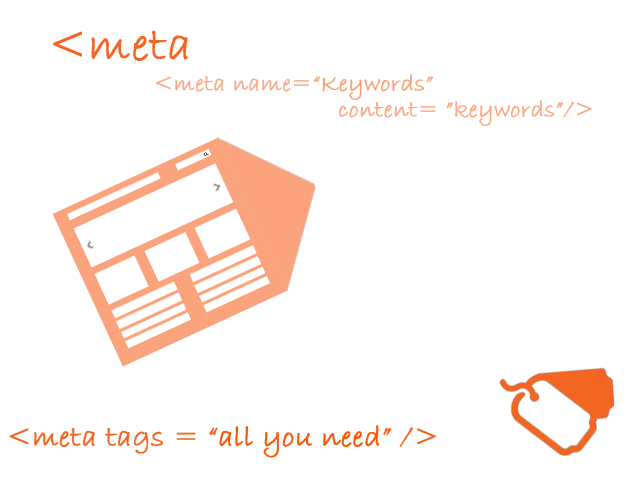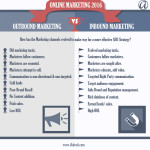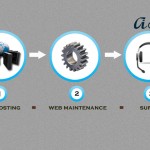Even before we begin the discussion of Meta info or Meta data to improve your page ranking on popular search engines, it is important to clarify that these alone can do nothing to increase a page ranking of a website. The most significant and the first step to take in this regard is to put in a lot of hard work to create a website for a purpose which is meant to help the visitors. It takes a combination of strategies to ensure that your website generates maximum page views. Nothing alone can guarantee your site to top the charts of search engines. An honest effort in terms of a clean web site designed and programming, with relevant and original content are the most important steps, without which, no matter what you do, the website will never be SEO friendly. Most search engines today value the title of the website and the content of the web pages, more than these tags. Therefore, the use of Meta data or Meta tags are add-ons to your marketing strategy, not a replacement of the basic requirements. Once the ground rules are followed, only then can the following tools be added and some other strategies implemented to improve the page ranking.
What is a Meta Tag?
A Meta tag is a code which is not visible on your website, but are hidden the source of the site. These tags are found the body of the HTML of the site. The Meta tags help to supply information about the HTML of the site, just like a book cover referring to what the book is all about. Characteristically, Meta tags are found in a name-value pair, without a closing tag. There are various kinds of Meta data; however some more prominent ones are title, description or content and Keyword tags.
The title is the most crucial part of the Meta data for any website, as it tells the world what the website is about, and what it does for its customers. Simply put, the title pretty much brings the crowd to a website by giving a hint of what the visitor will find in the web pages. Now search engines do not read our languages, therefore, the title tag in the <HEAD> of the HTML helps search engines to read and decipher what the website is about and accordingly classify and index them.
The Description part of the Meta Data is a brief about your website which includes key information you want your customer/visitor to know about your company. It may include what you do, how you do it, how are they beneficial to a customer, and what are your specialties. In other words, this is a summary of your company to market your products and services to your clients or write a description which will make the visitor read on and stay on your site. Again, this has an underlying purpose from the perspective of search engines. The description tag includes the words which will help the search engine stumble at key words which will help it categorize your site, and then when a search is made for a particular keyword, it will return the links which meet most of the criterion or has the highest match.
Meta data keywords are a set of words which signify your services and what you do. They are words which are mostly used by online users to look for information on any particular topic. For example, for a web development company like iAdroit, the possible keywords could be – web development, web design, SEO services, custom coding and development etc. The keywords have no role to play in terms of relaying information to the end user or visitors of the site. They are solely meant for search engines to identify the keywords, and accordingly categorize the site and return the link when such keywords are keyed in on their search engines.
However, the last Metadata – ‘keywords’ is gradually being dropped from prominent search engines while rating a web page. This is because people have abused the facility, and instead of proper content on their site, they have populated their sites with a bunch of keywords. This may inflate the page ranking but it does not help a user who is looking for relevant information. Therefore, slowly the importance of ‘keywords’ is decreasing by the day. We suggest a fair and meticulous use of this step and it will still garner the desired result.
Other Meta tags in use are the Robots Tag. It is another Meta tag that is used to instruct prominent search engine robots not to crawl a particular section of a website. There could be various reasons to use it. For example, a website may have several external links, which may have a lesser page rank. While crawling a site, when the robots find a link, they move on to those links and as a result a bit of the page ranking of the original site is shared and lost. A renowned site may not want that to happen. And therefore the use of the Robots tag.
Language Tag is used by good websites to declare the language of a particular webpage. This is just a good practice from the SEO perspective. It is nothing but offering an additional piece of information about the site. This will be seen as a more informative site by the search engine and therefore will be better rated.
The role of the Meta tag or the Meta description is all about intelligently using the keywords, and feeding relevant data to popular search engines so that they can interpret the data and return the link when a relevant search is made. The aim of using Meta tags and Meta info is to improve the search result of the webpage.
Meta tag carries relevant information of a maximum of 160 characters which is relevant to the actual content of the webpage. There is some uniqueness about each Meta tag description and each of them is closely related to the individual webpage.
Recent trend shows that there is a rising tendency of using browser specific Meta tag or Meta info. Quite naturally, Google specific Meta tags are fast catching up the frenzy of top SEO professionals. Some of the popular Googlebot tags are no archive, no index, no snippet and no follow. Other tags which are coming up are Abstract, Author and Copyright tag.



 (4 votes, average: 4.75 out of 5)
(4 votes, average: 4.75 out of 5)






